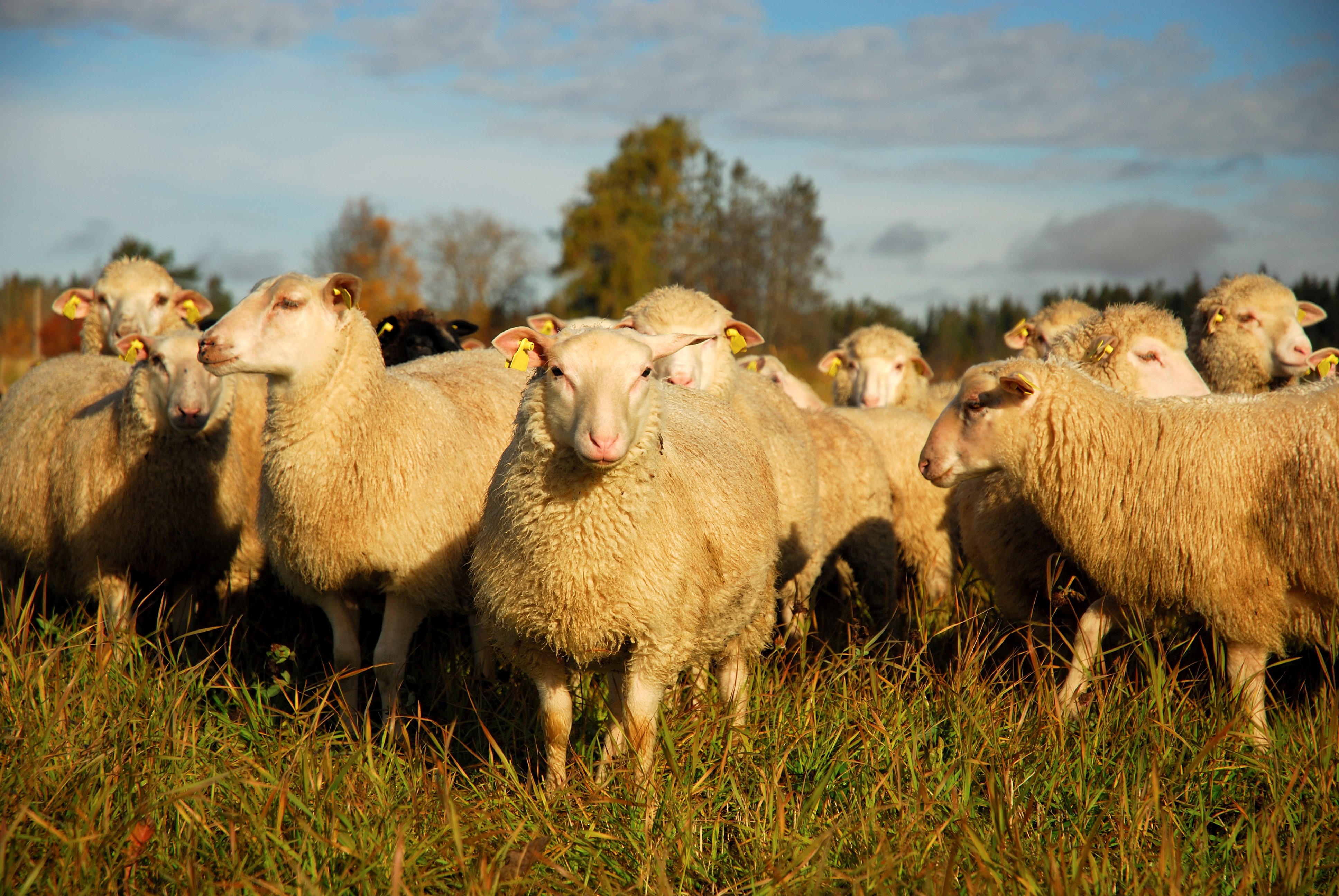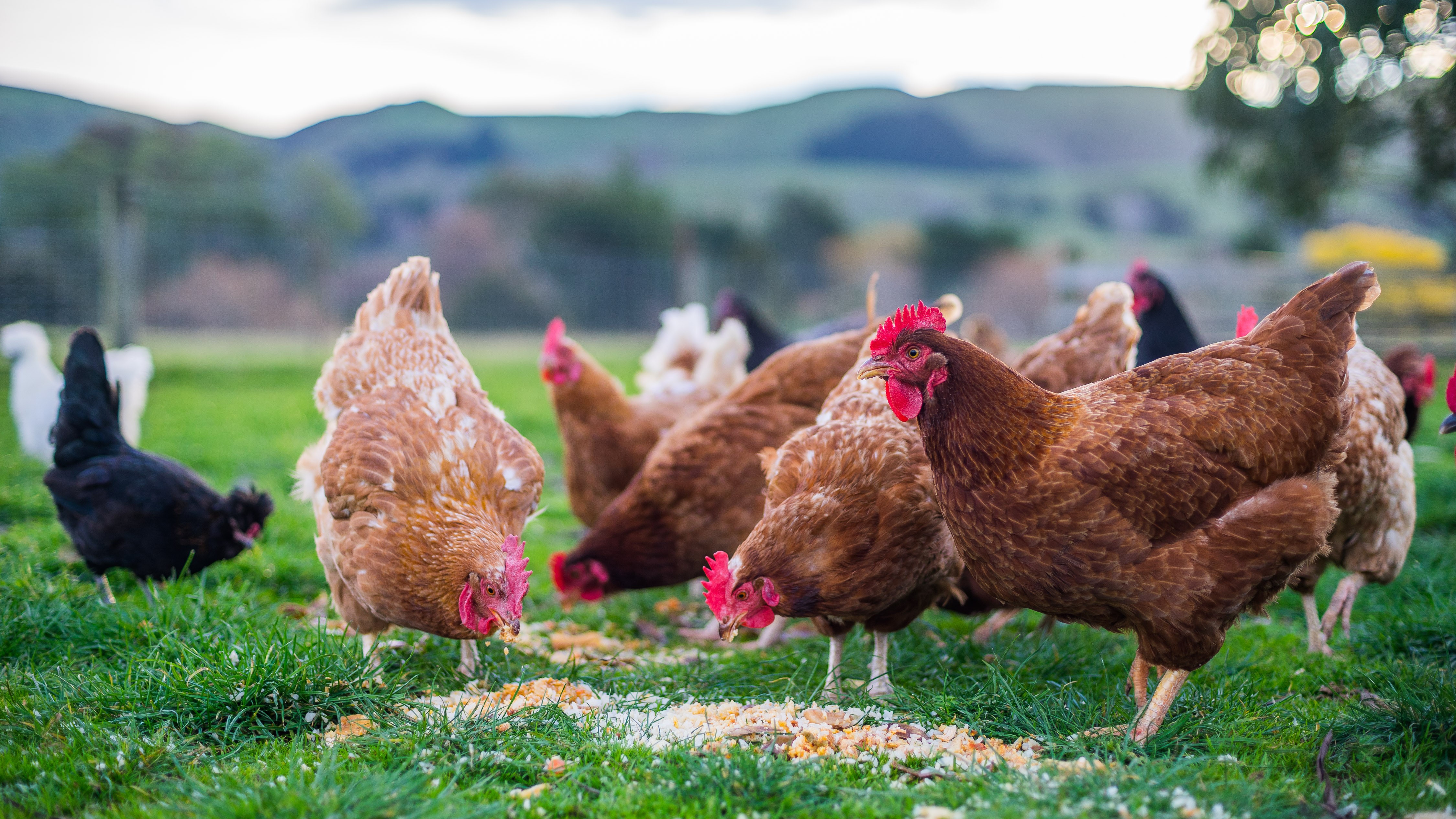Expanded diagnostic tests at RVLs to investigate abortion in cattle
This time of year typically sees an increase in submissions of aborted ruminant foetuses to the Regional Veterinary Laboratories (RVLs). These submissions play a vital role in animal disease surveillance, both nationally and at farm level.
Abortion is an important feature of disease caused by both Schmallenberg (SBV) and bluetongue (BTV) viruses, and receiving foetuses allows us to closely monitor Ireland’s disease status. Although Ireland remains BTV-free, SBV has been detected in both foetuses and adult animals by the laboratory service this year, highlighting our vulnerability to these midge-borne diseases. In addition, although brucellosis has been successfully eradicated in Ireland, continued monitoring of aborted foetuses is essential to maintain and prove our hard-won official disease-free status.
Foetus submissions to RVLs are tested for a range of abortion agents. Microbiological culture techniques are used to identify bacterial and fungal agents. Histopathology of the foetal organs and placenta allow identification of specific lesions that may help to pinpoint the disease process involved.
Over the last number of years, the laboratory service has worked hard to expand the suite of diagnostic tests available in abortion cases. A package of PCR tests is now available for aborted ruminant foetuses which includes Coxiella burnetii, Chlamydophila spp., Listeria monocytogenes, Salmonella spp., Campylobacter fetus, Leptospira pathogenic serovars, Anaplasma phagocytophila, Bovine Herpes Virus type 4 and Ureaplasma spp. A Neospora caninum PCR is now also available on foetal brain swabs. For some of these pathogens, this represents the first time we have been able to detect them in foetuses. For others, it has increased the sensitivity of detection of pathogens that were previously only identifiable via other methods.
Farmers and vets are reminded that submission of a complete foetus together with placenta and a blood sample from the dam will allow the most thorough investigation of the abortion event. It should be noted in many cases that no particular infectious agent is involved and abortion may have occurred spontaneously or due to other non- infectious factors such as metabolic disease or trauma.
The RVLs continue to welcome and encourage submission of aborted ruminant foetuses this autumn and winter. Not only does this provide us with valuable national animal disease surveillance data, it helps to inform individual farmers of their herd/flock’s disease status for a number of important pathogens.
To book in a foetus for post mortem examination, please contact your private veterinary practitioner and ask them to organise submission to your local RVL. All foetus submissions must be tagged and registered. Please inform us of relevant clinical history at the time of booking, especially if the abortion is part of an outbreak, so that we can best investigate the likely causes.






